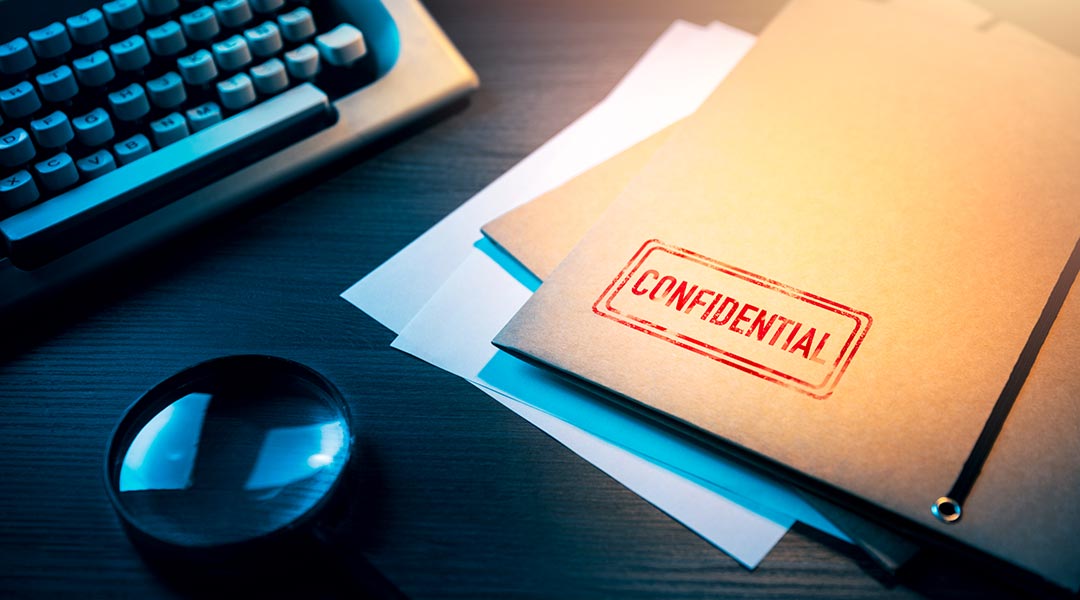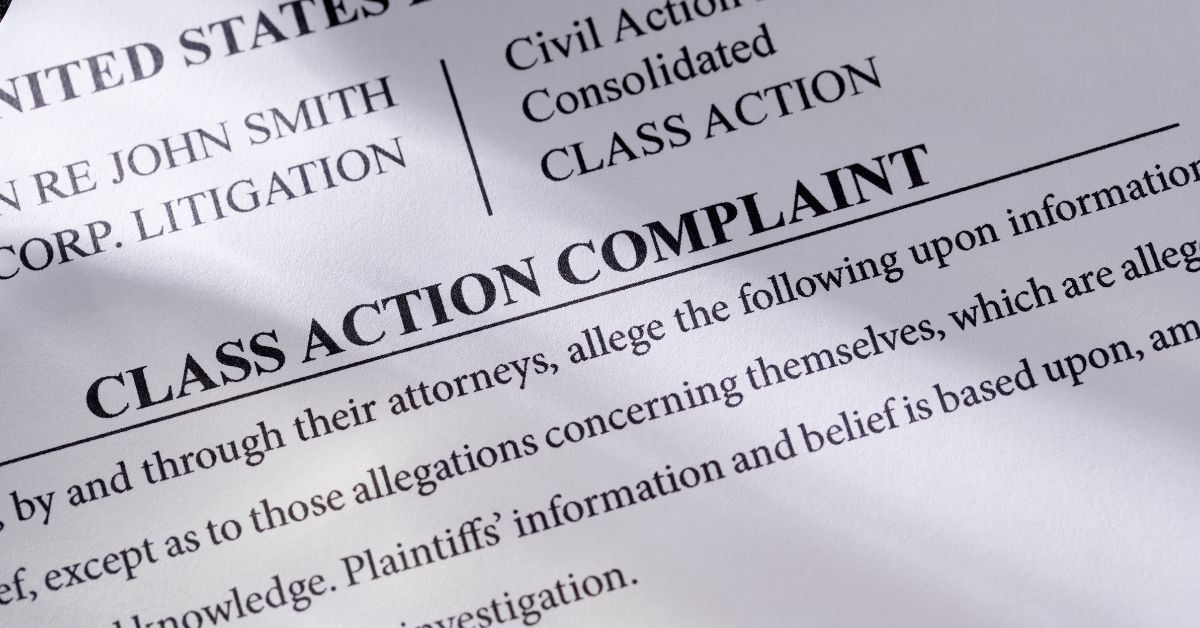Why Would I Receive A Letter From Harris County Attorney
Why Would I Receive A Letter From Harris County Attorney Receiving Correspondence from the U.S. Attorney’s Office: What to Do Getting a letter from the U.S. Attorney’s Office can be a daunting experience. Few understand this better than our former federal prosecutors at Oberheiden, P.C., who have firsthand experience with the U.S. Attorney’s Office. Whether you’ve received a target letter, a grand jury subpoena, or any other communication, it’s crucial to promptly seek guidance from experienced federal defense attorneys. They are well-versed in the federal justice process and possess the expertise to assist and defend you.
Understanding the Role of the United States Attorney’s Office
Situated within the United States Department of Justice (DOJ), the United States Attorney’s Office serves as the federal prosecutor’s role. Each federal district court houses at least one U.S. Attorney’s Office, though densely populated districts may have multiple offices. Federal district courts are categorized by state, with each state having one to four federal districts. Typically, one United States Attorney oversees each U.S. Attorney’s Office, with numerous Assistant United States Attorneys handling caseloads.
The United States Attorney’s Office enforces federal laws established by Congress. Each U.S. Attorney’s Office maintains both a civil division and a criminal division. The civil division prosecutes individuals suspected of benefiting improperly from federal government resources, who are not necessarily involved in fraudulent activities. These cases aim to recover the inappropriately obtained benefit and return it to the government. The criminal division, on the other hand, handles criminal cases. While most criminal cases are tried in state courts rather than federal courts, the United States Attorney’s Office prosecutes a range of federal offenses, including Medicare fraud, drug trafficking, white-collar fraud, immigration violations, and tax evasion.
Federal prosecutors within the United States Attorney’s Office collaborate with various federal agencies within the DOJ, including the Federal Bureau of Investigation (FBI), the Drug Enforcement Administration (DEA), and the Bureau of Alcohol, Tobacco, Firearms, and Explosives (ATF). They also work alongside other federal departments such as the Department of Health and Human Services’ Office of the Inspector General (OIG) and the Department of Homeland Security (DHS). Typically, federal agents handle investigative tasks like witness interviews and executing search warrants. The United States Attorney’s Office then relies on these investigative efforts to build cases for trial.
Types of Letters Issued by the United States Attorney’s Office
The United States Attorney’s Office generates and dispatches letters to individuals or entities identified as witnesses or targets in criminal or civil investigations. Letters from the U.S. Attorney’s Office frequently request specific documents from the recipient. In civil cases, these letters are known as “civil investigative demands,” while in criminal matters, they usually accompany a grand jury subpoena. A grand jury subpoena is a court-ordered demand for the recipient to produce documents and/or testify at a specified time. Strict compliance is required for both civil investigative demands and grand jury subpoenas. While letters requesting documents often do not explicitly reveal whether the recipient is a target of the investigation or merely a witness, recipients should assume they are subjects of the inquiry and act accordingly.
Another type of letter is the “target letter,” which notifies recipients that they are the primary focus of a federal investigation, indicating the government’s intent to bring civil or criminal charges against them. Target letters may also invite the recipient to meet with Assistant United States Attorneys and investigators assigned to their case. These meetings, often referred to as “proffers,” may entail the target providing all relevant information related to the investigation in exchange for limited immunity. In contrast, “reverse proffers” involve prosecutors and investigators presenting all available information about the target to persuade them to agree to a monetary settlement or plea agreement.
Read More : Why Would A District Attorney Be Looking For Me
Limitations on Document Requests
While the United States Attorney’s Office wields extensive authority to demand documentation during federal investigations, this power is not boundless. Federal law imposes constraints on the types of requests the U.S. Attorney’s Office can make and the extent of the documentation they can demand. Nevertheless, requests in civil investigative demands and grand jury subpoenas often exceed the lawful boundaries of what can be sought. This may occur because Assistant U.S. Attorneys, who issue the letters, frequently replicate requests directly from federal investigators who may lack legal training. As most recipients are not legal professionals, they may not recognize improper requests or those that exceed the U.S. Attorney’s Office’s legal authority. Therefore, it is vital for anyone receiving a letter from the U.S. Attorney’s Office to seek the assistance of skilled defense counsel before responding.
A U.S. Attorney’s Office request can only demand documents and is not permitted to solicit narrative responses from the recipient. Nevertheless, many letters include requests for narrative responses from the recipients. It is crucial to understand that recipients are under no obligation to provide narrative responses to investigative requests. Here is an example highlighting the difference:
Proper: Provide documents evidencing the names and addresses of officers, directors, or managers of employers you worked for in the past five years, along with documents confirming their positions.
Improper: Provide the names and addresses of officers, directors, or managers of employers you worked for in the past five years, along with documents confirming their positions.
Although these examples appear similar, the first one restricts the request to documentation, while the second one seeks a narrative response. Recipients are not compelled to answer improper requests, but if they do so with narrative replies, federal prosecutors can use the information provided against them.
Similarly, recipients are not obligated to create documents that do not exist in response to a request. For instance, if a request asks for an organizational chart, and the recipient does not have one, they are not required to fabricate such a document. Importantly, if a recipient generates a document in response to a request, they may be compelled to produce it. Thus, recipients should refrain from creating documents that would not typically exist. Instead, they can state that no such documents are available.
Another limitation on requests from the U.S. Attorney’s Office is that recipients must produce documents they have in their possession, custody, or control. This typically means that recipients only need to provide documents already in their possession. In some instances, they may need to acquire their records from third parties, such as requesting bank account statements from their banks. However, recipients are not required to obtain documents from third parties they do not control.
Read More : When Your Attorney Sells You Out
Contents of Letters from the United States Attorney’s Office
Letters from the U.S. Attorney’s Office often contain instructions explaining how the recipient should respond. Target letters typically provide information on how targets can contact the Assistant U.S. Attorney handling their case. Investigative letters generally include guidelines for properly responding to document production requests. These instructions may specify acceptable electronic file formats and labeling conventions. Recipients may also be asked to submit a cover letter with.





